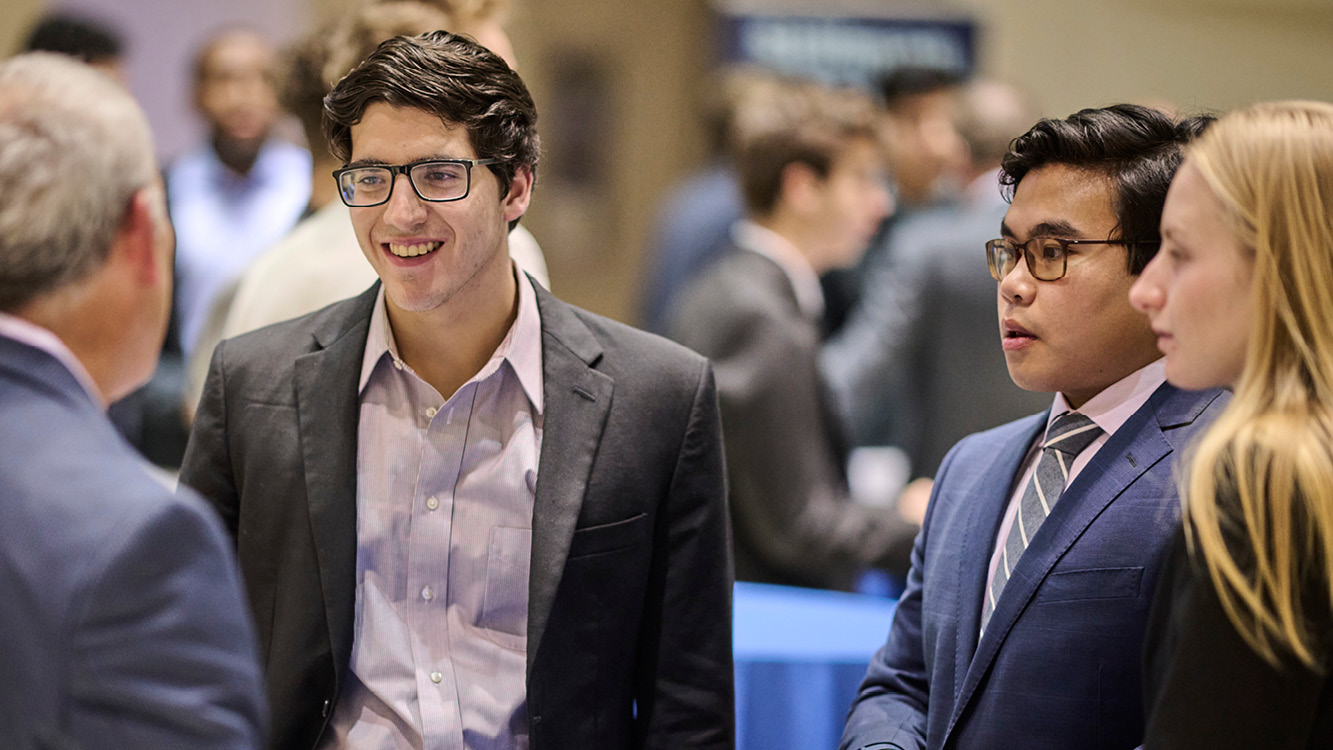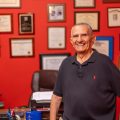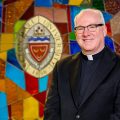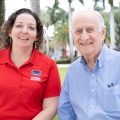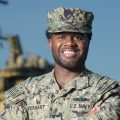A faculty-alumni research collaboration sheds much-needed light on the leadership perspective of this important group.
A topic frequently in the headlines is the rise of Generation Z into adulthood and its impacts on the workforce. Forbes reports “How Gen Z Is Shaping Sustainability in the Manufacturing Industry,” while BuzzFeed gives its take on “Why Gen Z’s Lack of Essential Skills Could Backfire Soon.”
There’s no shortage of opinions, but a research team from Seton Hall continues to go directly to members of this age group to ask what they think.
From its start in the University’s Stillman School of Business in 2021, The Future of Leadership Survey has been querying 18- to 25-year-olds and will soon issue its fifth annual call for participation. Developed by Ruchin Kansal, professor of practice, and Karen Boroff, professor and dean emeritus, the survey aims to hear directly from up-and-coming professionals about what they value in work and what competencies they seek of those leaders they will follow, and what they need to grow as leaders themselves.
“No one else is doing that,” Kansal says. “The key is that we’re asking them what they think about leaders and leadership development, and how their beliefs shape their own roles in their career journeys.”
The survey has received more than 11,000 responses since its launch.
Creating Knowledge That Informs Action
Boroff has been at the forefront of understanding why this information is needed and how it applies, having served as dean of the Stillman School for 10 years and on the faculty for 35.
“We are doing this to create new knowledge — information that organizations can use to their real advantage in terms of how they lead their workforce and the effect on their bottom line,” Boroff says.
“Organizations are effective when the leadership is effective,” says Kansal, who has been a C-suite executive, business strategist and management consultant for more than two decades.
“But all the research so far has been done from the perspective of people who have been working a long time, and leadership effectiveness means something different for them,” he continues. “They are concerned mainly with financial acumen and results. Yes, those entering the workforce are looking for that, but they are also looking for trust, development and career growth, for the ability to lead in crisis and failure.”
Contributing to Organizational Performance
Anthony Caputo ’11 is an organizational psychologist who joined the survey team in 2024 — 13 years after his own graduation from Seton Hall as an honors psychology major and following several semesters as an adjunct professor. Caputo is chief people officer and chief operating officer at Remesh, a market research company.
“As someone who has been focused on enhancing organizational performance, I can confidently say that it’s the clarity of this survey’s findings that sets it apart from other leadership research,” Caputo says. “This isn’t about ‘how to motivate your Gen Z workforce.’ It is ‘how do you be an engaging leader of people who grew up in a world that’s fundamentally different than yours.’ It’s ‘how to show up in today’s world and carry yourself in front of a group of people.’ That’s different.”
The 2024 survey identified trust as the top indicator Gen Z associates with leadership.
“What are the variables that affect trust? How can leaders build trust? This is what we’re now exploring,” says Kansal. The 2025 survey will include new questions about trust, and the results will be published in the business school’s In the Lead magazine.
They are looking at how to tie trust to business results, Boroff says. “If I trust you, am I more productive or not? If I trust you, will I be more reliable at work? Will I play nicer in the sandbox? What are the behavioral outcomes of trust that will affect an organization’s bottom line.”
Through a partnership with Atheneum, a research services company, the survey is now distributed globally. Seton Hall students and alumni also are invited to respond.
“Our focus will continue to be the emerging workforce age group,” Kansal says. “Soon we’ll be reaching out to Generation Alpha.”
Lori (Varga) Riley, M.A. ‘06, is a freelance writer living in New Jersey.

